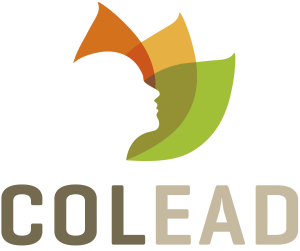
Ethical production (Intermediate level)
Estimated duration : 7h30
In this course we will address how a manager must position his business and what strategies need to be developed with regard to the characteristics of the different markets. Every businessperson must be able to formulate his objectives clearly in terms of the regulatory and commercial requirements of the market, his products, his partners, his competitors, and his resources. We will find that the complexity of this approach is compounded by the fact that the European market is highly diversified (with each country having its own idiosyncrasies, its own structures, its own access conditions, etc.). We will introduce the types of markets, starting with the most accessible ones and ending with the most demanding (compliance of products with international and collective standards and requirement for certification).
We will learn that, in response to consumer concerns, the agri-food sector has developed numerous private voluntary standards (PVS) based on compliance with 'good practices' applicable to their methods of production, manufacturing, and distribution. These standards not only cover food safety, but also the environment, organic or conventional production, corporate social responsibility, products, processes, and resource management systems. In the course we will give special attention to the principal private voluntary standards (PVS) in the area of food safety and sustainable development sectors, including fair trade.
Finally, we will study the evolution of concepts of sustainable development and production in international trade and food production. The market demands indeed to oragnizations an effective implementation of rules on ethics and sustainable production methods.

Ethical production (Advanced level)
Estimated duration : 7h30
The course addresses the concept of corporate social responsibility (CSR) in particular. The trainee will learn what this concept involves for businesses that decide, on their own initiative, to contribute to improving the social climate in their organisation while protecting their environment. We will study the regulations governing ethical production. Firms labeled with as "ethical" must provide tangible evidence of applied standards and systems governing their conduct.
We will also show how and why this investment in CSR can give businesses a competitive advantage, which in turn results in internal and external benefits. We will briefly introduce some methodological tools such as the ecological footprint, development indicators, and the carbon footprint assessment.
Finally, we will see what are the trends in the food industry in Europe, and the considerable influence of sustainability and ethical dimension in the consumer choice. The question of how a company can actually communicate with its customers on its supply chain and how to use this message to retain is therefore crucial. The answer lies in the consumers participation as stakeholders and traceability.

